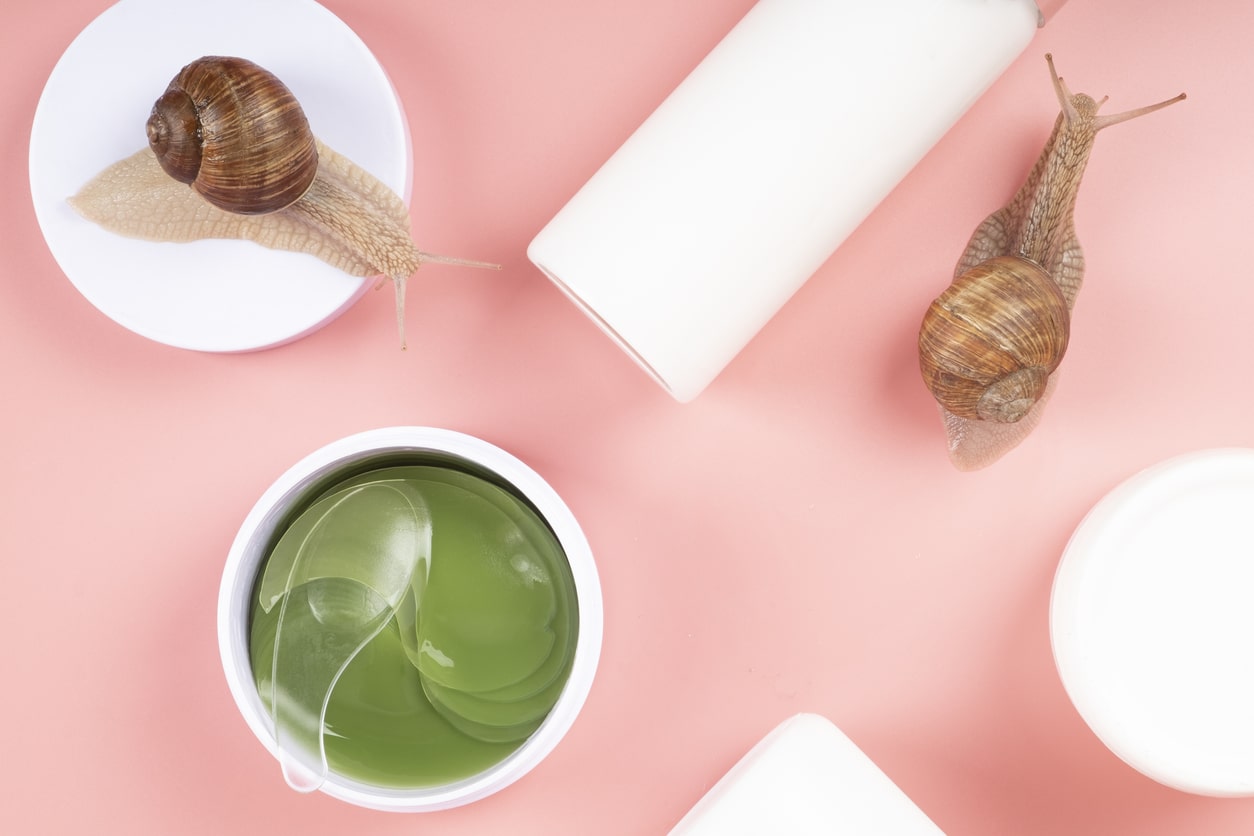Snail mucin, also known as snail secretion filtrate, has been making waves in the skincare industry for its potential benefits. It may seem like an unusual ingredient to use on your face, but proponents of the product claim that it can improve the appearance of skin and reduce the signs of aging. However, before adding snail mucin to your skincare routine, it’s important to understand what it is, how it works, and whether it’s right for your skin.
What is Snail Mucin?
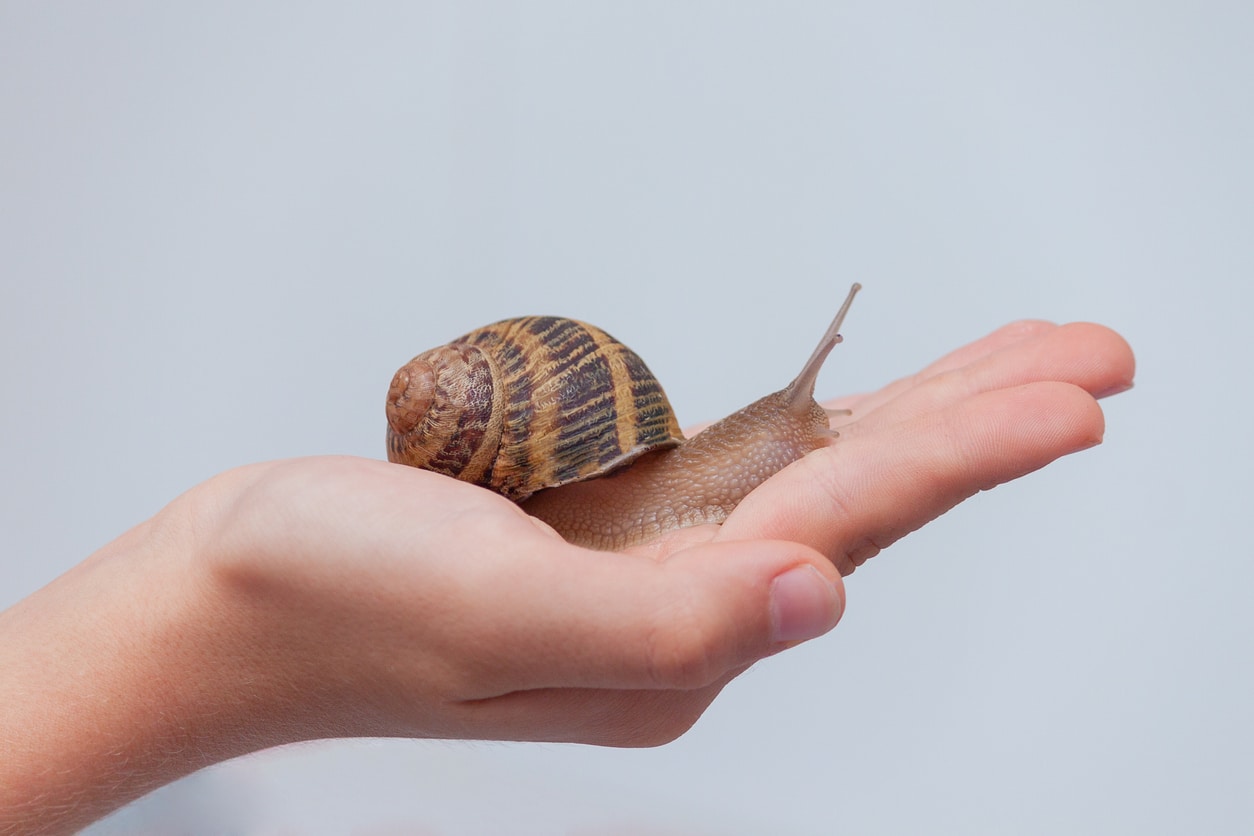
Snail mucin is a fluid that snails secrete to protect their skin and aid in regeneration. It’s produced by a specific type of snail, the Cryptomphalus aspersa, also known as the common garden snail. The mucin is harvested by allowing the snails to crawl over a mesh surface that stimulates them to secrete the mucin. The mucin is then collected and filtered to remove impurities and bacteria, resulting in a purified snail secretion filtrate that is used in skincare products.
It contains a range of beneficial ingredients, including hyaluronic acid, glycolic acid, and peptides. These ingredients work together to hydrate the skin, improve texture, and reduce the appearance of fine lines and wrinkles.
Snail mucin has been used for centuries in traditional medicine, particularly in Asia, for its healing properties and has long been a staple in Korean beauty products. In recent years, it has gained popularity in the Western world as a skincare ingredient.
How Does It Work?
Snail mucin is believed to work by hydrating the skin and promoting collagen production. Hyaluronic acid, a key ingredient in snail’s mucin, is a humectant that helps the skin retain moisture. This can help to plump up the skin and reduce the appearance of fine lines and wrinkles.
In addition, it contains glycolic acid, which is a type of alpha-hydroxy acid (AHA). AHAs work by exfoliating the skin, removing dead skin cells, and stimulating cell turnover. This can help to improve skin texture and reduce the appearance of fine lines and wrinkles.
Peptides are another key ingredient in snail mucin. Peptides are chains of amino acids that can help to boost collagen production in the skin. Collagen is a protein that gives the skin its structure and elasticity. As we age, collagen production decreases, leading to wrinkles and sagging skin. By boosting collagen production, snail mucin can help to firm and tighten the skin, reducing the signs of aging.
Is Snail Mucin Right for Your Skin?
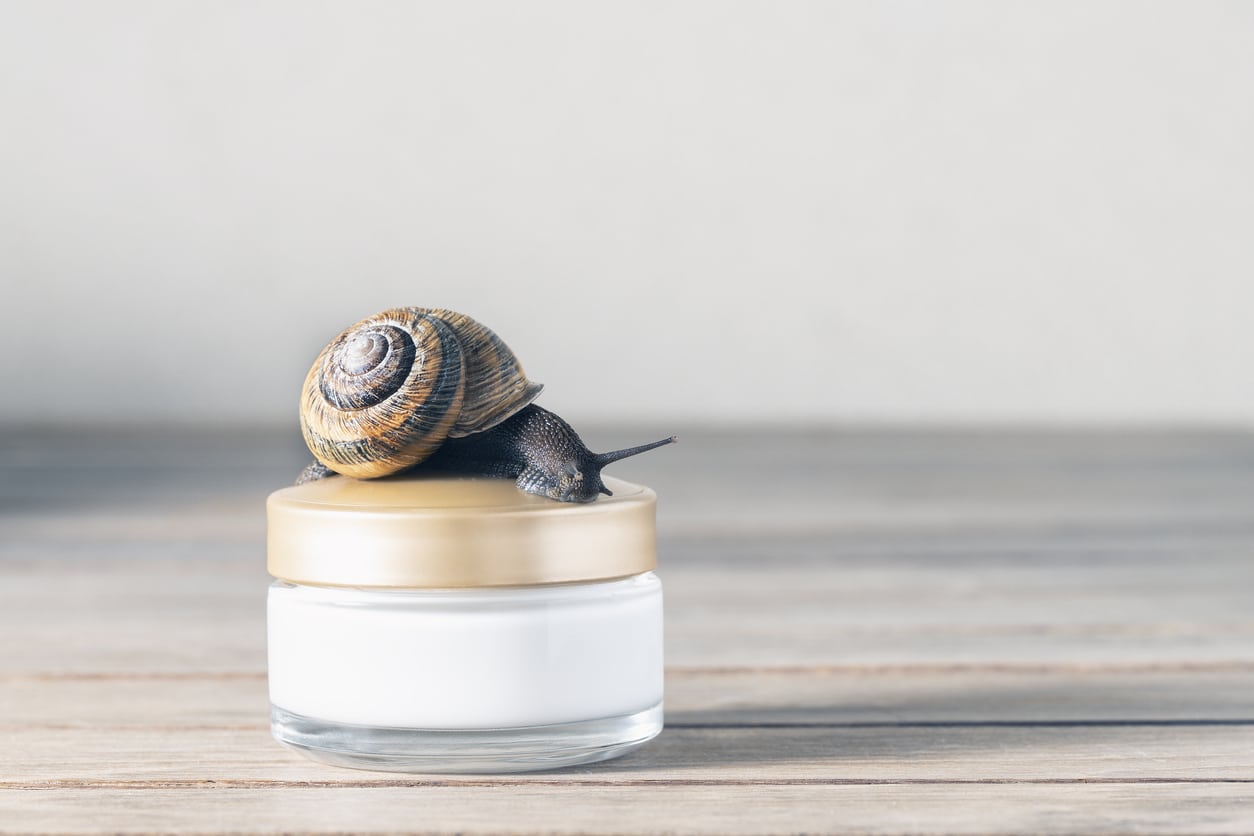
While snail mucin may sound like a miracle ingredient, it’s important to note that it may not be suitable for everyone. As with any skincare product, it’s important to patch-test it before incorporating it into your routine to ensure that you’re not allergic or sensitive to it.
Snail mucin is generally considered safe for all skin types, but those with sensitive skin should exercise caution. Some people may experience irritation or redness after using products containing snail mucin, so it’s important to start with a small amount and gradually increase usage if your skin tolerates it.
Snail mucin may be particularly beneficial if you have oily or acne-prone skin. Its hydrating and exfoliating properties can help to balance oil production and unclog pores, reducing the likelihood of breakouts.
Snail mucin may also be a good option if you have dry or mature skin. Its hydrating properties can help to plump up the skin and reduce the appearance of fine lines and wrinkles.
How to Use Snail Products in Your Skincare Routine
If you decide to incorporate snail mucin into your skincare routine, there are a few things to keep in mind. Firstly, choosing a high-quality product with a high mucin concentration is important. Look for products that list snail mucin or snail secretion filtrate as one of the main ingredients.
Secondly, snail mucin is best used in the middle of your skincare routine, after cleansing and toning but before moisturizing. Apply a small amount of the product to your face and gently pat it into the skin until it is fully absorbed. You can use products containing snail mucin both in the morning and at night, but if you have sensitive skin, it’s best to start with once a day and gradually increase usage if your skin tolerates it.
In conclusion, snail mucin may be a beneficial ingredient to add to your skincare routine if you’re looking for a hydrating, anti-aging, and pore-refining ingredient. It’s generally safe for all skin types, but it’s important to patch test and use caution if you have sensitive skin. When incorporating snail mucin into your skincare routine, be sure to choose a high-quality product, use it in the middle of your routine, and don’t rely on it as a miracle ingredient. With these tips in mind, you can decide whether snail mucin is right for your skin and start reaping the potential benefits of this unusual but effective ingredient.
Top Products to Add Snail Mucin to Your Skincare Routine
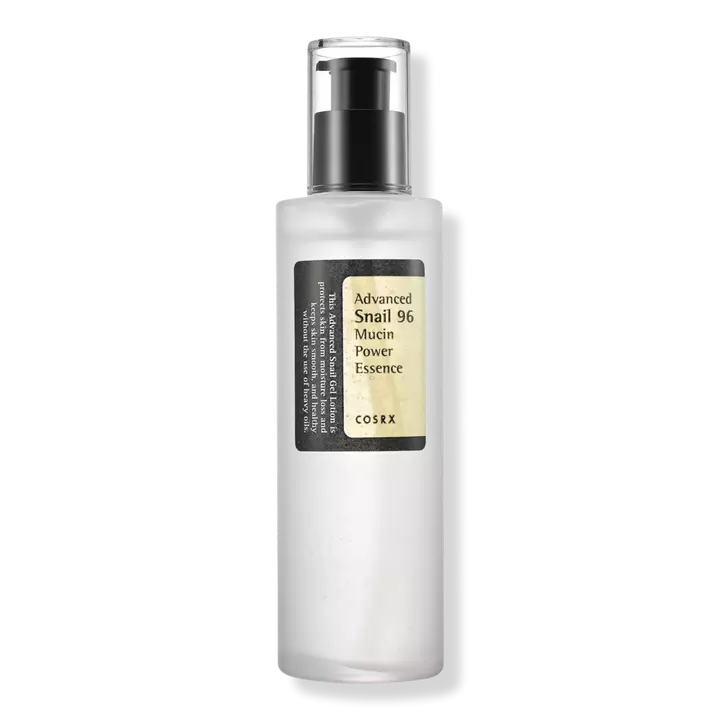

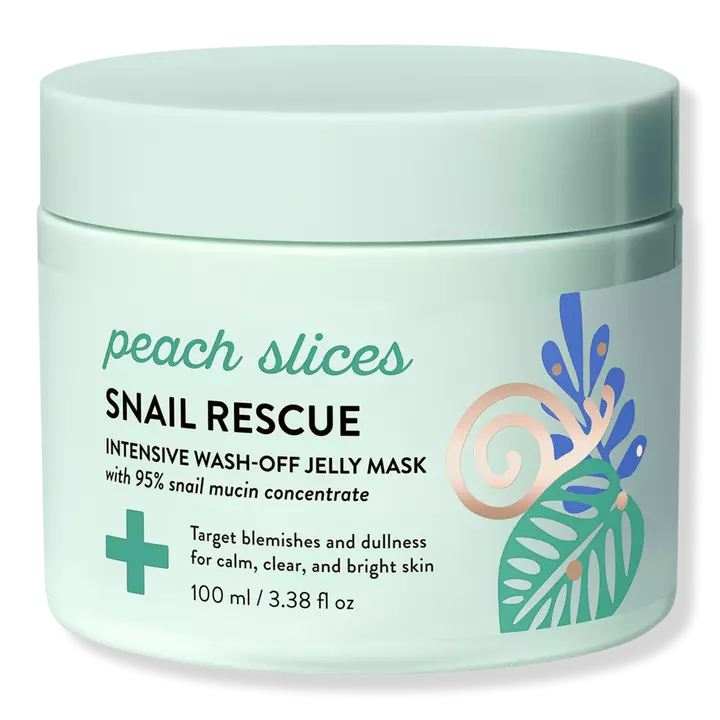
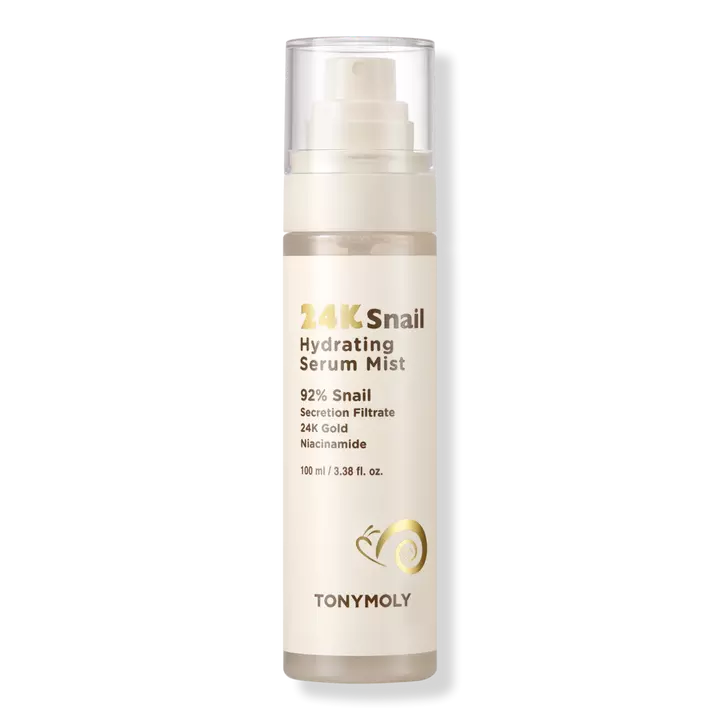
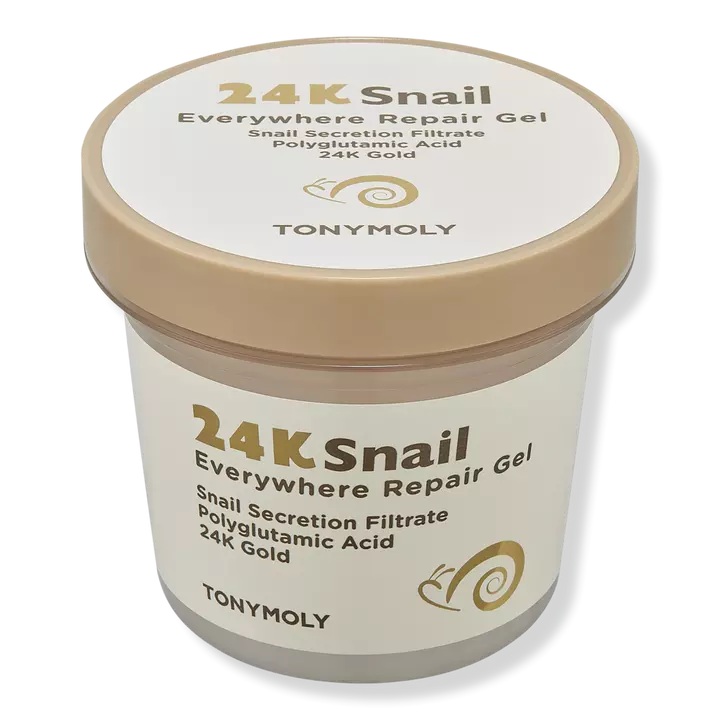
Read More:
10 Korean Moisturizers To Protect Your Skin This Season

